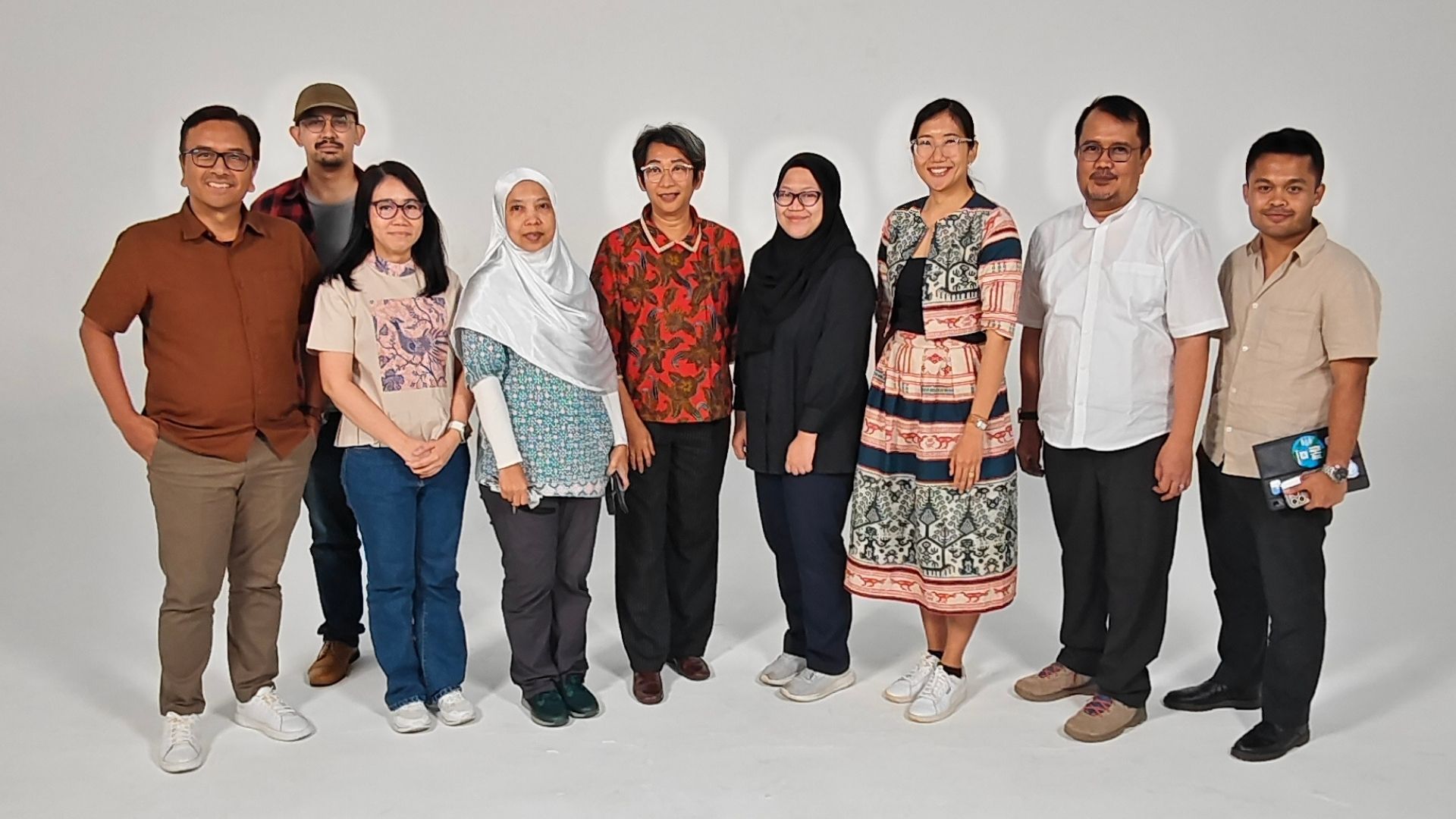
Agroforestry for the Cocoa Sector, Climate Change Anticipation to Protect Farmers’ Livelihoods
Jakarta, 14 October 2025 – Cocoa contributes 19.25 % to the national Gross Domestic Product (GDP). Moreover, the backbone of the cocoa sector is smallholder farmers, who make up 99.63% of the total cocoa farmers in Indonesia.
Such huge contributions to the national economy, while also providing livelihoods for millions of smallholder farmers, Cocoa Sustainability Partnership (CSP), with the support of Rikolto Indonesia, convened a webinar with a theme “Webinar on Agroforestry Approaches in the Cocoa Sector Strengthen Farmers’ Climate Resilience”. The webinar gathers experts from CIFOR-ICRAF, Rikolto Indonesia, and Preferred by Nature.
“I hope that we can share knowledge and the latest studies regarding cocoa and landscape in Indonesia. From there, we can strengthen the role of agroforestry for strengthening our farmers' resilience towards climate change, hence protecting their livelihoods,” said Maria Benedikta, Treasurer, Supervisory Board, CSP.
“We can attest that this webinar is a concrete form of multistakeholder collaboration, hence together we can promote agroforestry within the cocoa sector,” Maria adds.
The agroforestry approach is important, as it could provide a solution and reduce climate risks for farmers around Indonesia.
“Agricultural sector’s vulnerability in Indonesia can be categorized into agricultural, coastal, adaptive-capacity, and social factor sensitivity. Spreading the agroforestry practices can reduce the sensitivity or climate-related risks by reducing the deforestation rate, preserving biodiversity, and other negative impacts such as human-animal conflict and landslides.”
The webinar also explores agroforestry strategies, exploring ways to integrate shade trees, plant diversification, and sustainable land use. Generally, agroforestry tries to replicate and optimize the process within the forest ecosystem to produce commodities, restore the environment, and preserve biodiversity.
“At its essence, agroforestry is an agricultural practice which is based on replicating the forest ecosystem or nature,” explains Peni Agustijanto, Cocoa & Coffee Programme Technical Advisor, Rikolto Indonesia.
“By leveraging the agroforestry practices, we can achieve an agricultural sector that increases biodiversity and land production. This practice is also more environmentally friendly if compared to the conventional monoculture technique that is more commonly used,” adds Peni.
To further enhance the resilience of Indonesia’s cocoa sector, there is an urgent need to increase farmers’ capacity to adopt agroforestry practices.
"Indonesia needs a collaborative assistance approach regarding agroforestry practices that involves all stakeholders, including researchers, the private sector, the public, and governments. By engaging every party, we can realize agroforestry practices here,” said Endri Martini, Agroforestry System and Extension Scientist," CIFOR-ICRAF.
“Other than that, we also need a participative learning farm scheme which could serve as an educational avenue to restore farm productivity, through collaboration between farmers, researchers, facilitators, and the private sector,” adds Endri.
About Cocoa Sustainability Partnership
Cocoa Sustainability Partnership (CSP) is a forum for public-private collaboration and is actively for the betterment of cocoa development in Indonesia. We support the Indonesian cocoa sector in the international market. CSP exists to increase communication, coordination, and collaboration between public and private stakeholders engaged in cocoa sustainability activities in Indonesia for the mutual benefit of all cocoa sector players.
About Rikolto Indonesia
Rikolto is an international non-governmental organization
(NGO) with over 50 years of experience partnering with farmer organizations and
food chain stakeholders in Africa, Asia, Europe, and Latin America. Rikolto has
been present in Indonesia since 1950, and for over 40 years, we have supported
farmer cooperatives, and our projects have assisted over 15,310 national food
producers.
